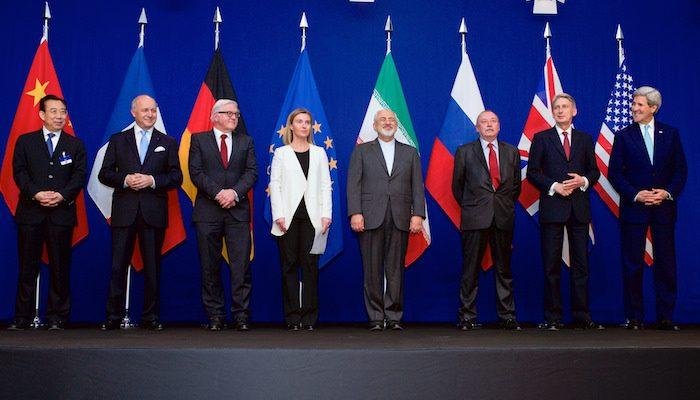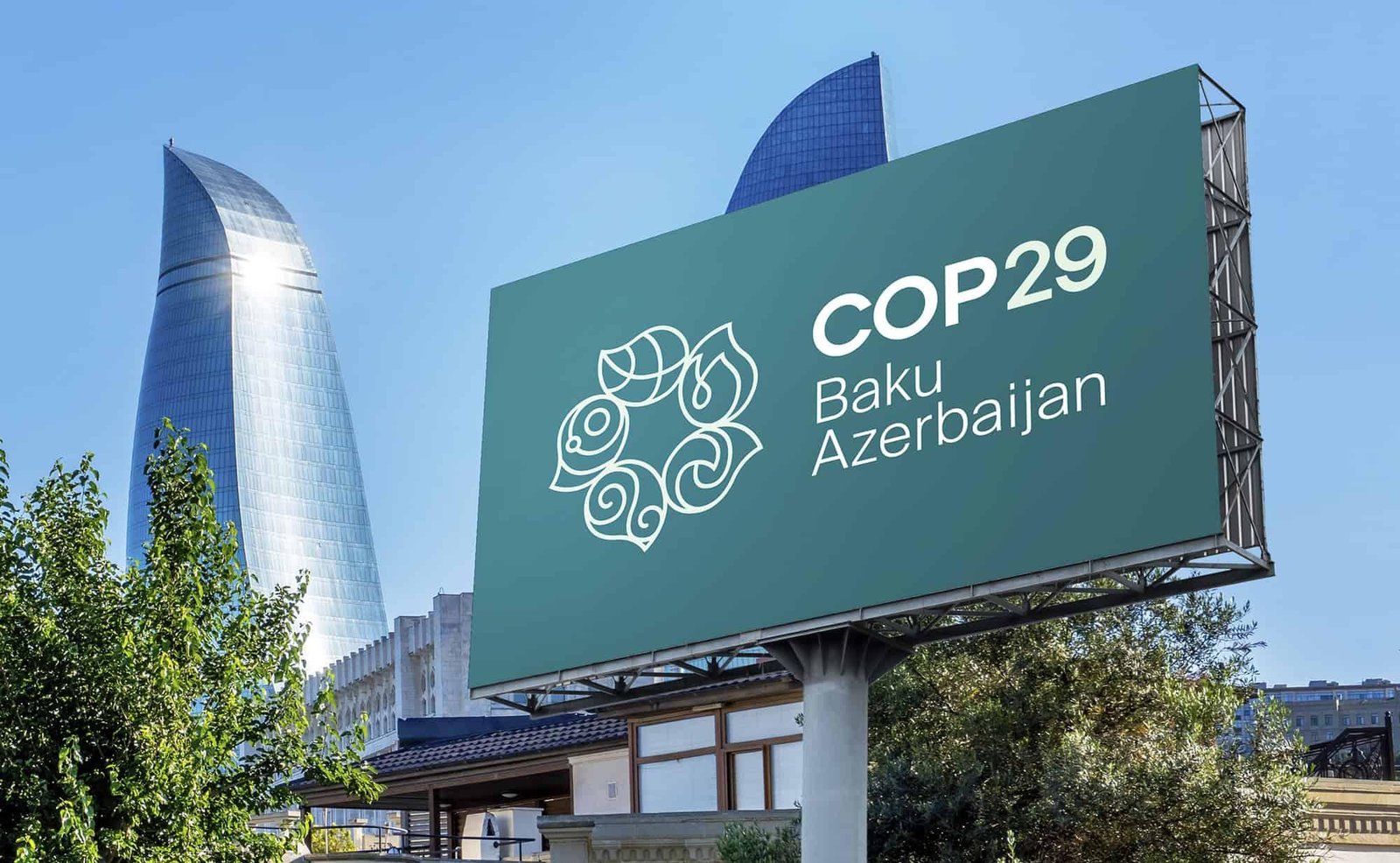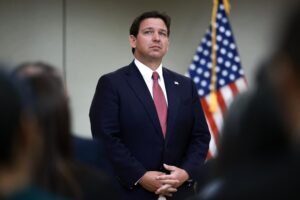Like a swarm of well-intentioned bees, finance ministers and central bank governors have descended upon Egypt for the 27th United Nations Climate Change Conference (COP29). Their mission: to unlock the trillions needed to address the climate crisis. But as they gather in the shadow of the ancient pyramids, a familiar symphony of bickering threatens to drown out the chorus of cooperation.
– Finance Friction: COP29s Obstacle to Climate Action
Finance Friction: COP29’s Obstacle to Climate Action
The primary objective of COP29 is to address the urgent challenges posed by climate change and facilitate decisive action. However, the conference has become entangled in financial disputes, hindering progress on critical environmental issues. This finance friction continues to overshadow the paramount objective of COP29, jeopardizing its effectiveness in addressing the climate crisis.
There is a clear need for substantial and sustained financial support to bolster climate action, particularly for developing nations. However, debates over funding sources, transparency, and accountability overshadow the urgency of the climate crisis. This contentious environment compromises the spirit of collaboration and goodwill, hampering progress towards meaningful outcomes.
– Diplomatic Discord: Geopolitics Overwhelms Climate Concerns
The cacophony of discordant voices at COP29 has cast a long shadow over the urgent need to address climate change. While the summit purportedly aims to galvanize action on the climate front, geopolitical tensions have taken center stage, leaving delegates mired in a quagmire of acrimony.
Among the myriad flashpoints, the issue of loss and damage looms large. Developing nations, bearing the brunt of climate-induced devastation, have demanded compensation for their irreparable losses, sparking resistance from developed nations. This standoff threatens to derail negotiations, as countries prioritize their own interests over the collective wellbeing of the planet.
– Recommendations for Resolving Conflict: Paving the Way for Financing Collaboration
Recommendations for Resolving Conflict: Paving the Way for Financing Collaboration
To address the challenges of conflict, several recommendations can be considered:
- Foster a Culture of Respect and Understanding: By promoting empathy and encouraging open dialogue, decision-makers can create a space where different perspectives are valued. This can be achieved through workshops, training programs, and structured discussions that aim to bridge gaps and foster mutual understanding.
- Establish Clear Communication Channels: Effective communication is crucial for resolving conflict and building consensus. Establishing transparent and accessible communication platforms allows stakeholders to share their concerns, ideas, and proposals in a constructive manner. This could include regular meetings, online forums, or designated mediators to facilitate discussions.
In Summary
As the 29th Conference of the Parties (COP29) draws to a close, the resounding echoes of heated debates linger in the air. While the weight of the climate crisis demands a collaborative response, the gathering has exposed deep fault lines within the global community. Yet, amidst the bickering, a flicker of hope persists – a recognition that time is running out and that inaction is no longer an option. As the world looks beyond COP29, it remains to be seen whether the lessons learned from this arduous journey will translate into meaningful action. The need for swift, transformative steps remains as urgent as ever, and the onus of responsibility rests upon each and every one of us to ensure a habitable future for generations to come.

